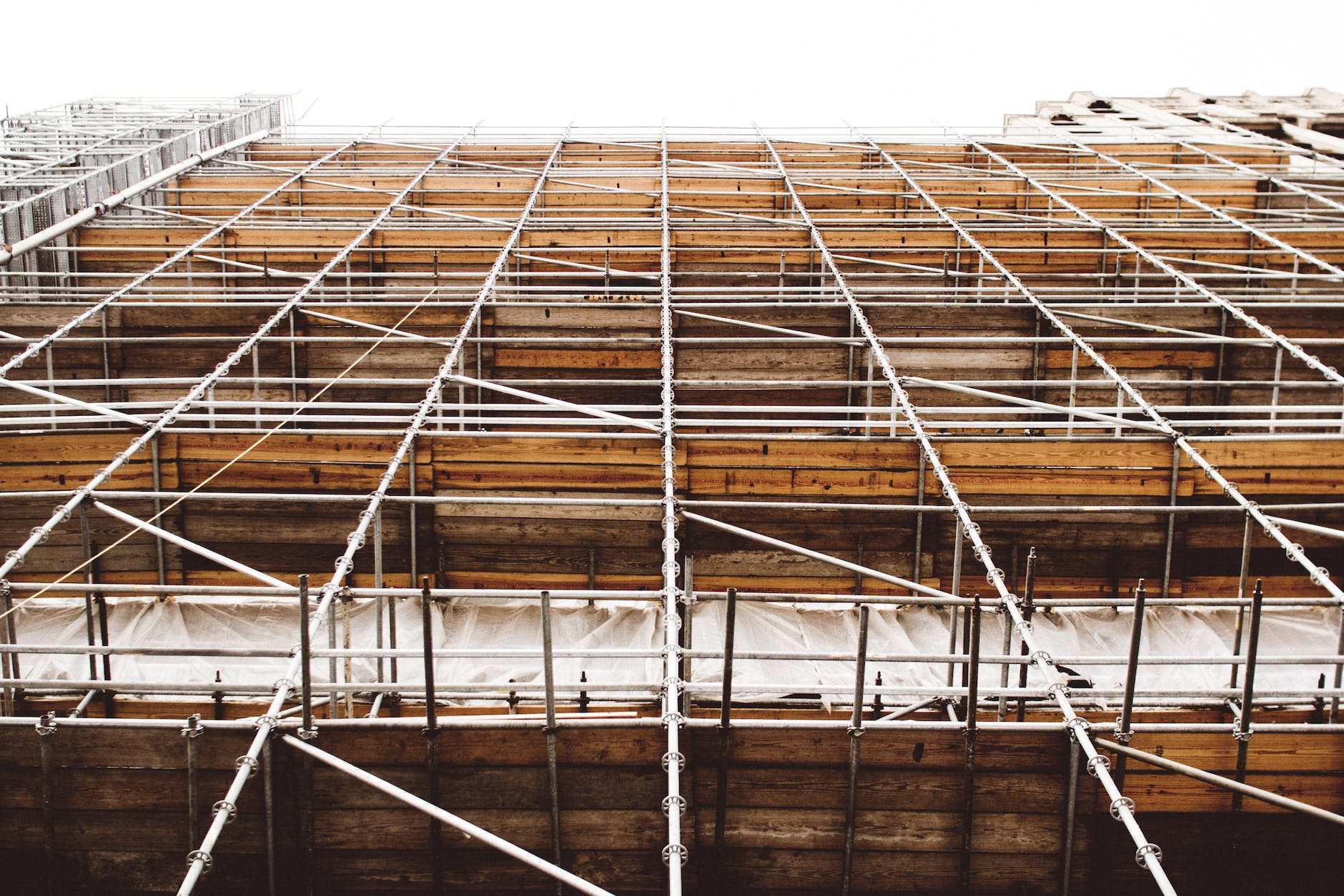
How To Become Certified : ICC Building Inspector
Becoming a certified building inspector requires dedication, ongoing education, and a passion for ensuring the safety and compliance of structures or building materials. By following these steps and staying committed to professional development, you can embark on a fulfilling career in building inspection, making a significant impact on the construction industry and community safety.
1. Educational Background:
Start by obtaining a high school diploma or GED equivalent. While a bachelor’s degree in architecture, engineering, or a related field is beneficial, it’s not always mandatory. However, having a solid educational foundation can give you a competitive edge.
2. Gain Relevant Experience:
To become a proficient building inspector, practical experience is invaluable. Consider working in the construction industry, whether as a contractor, carpenter, or in a related field. This hands-on experience will deepen your understanding of construction processes and codes.
3. Understand Local Building Codes:
Familiarize yourself with the building codes and regulations specific to your region. Building codes can vary widely, so it’s essential to have a comprehensive understanding of the rules and standards applicable in your area.
4. Enroll in Training Programs:
Seek out reputable building inspection training programs. These courses cover various topics such as structural integrity, electrical systems, plumbing, and legal aspects of building inspection. Online courses and local vocational schools often offer flexible options tailored to your schedule.
5. Obtain Certifications:
To enhance your credibility and employability, consider obtaining certifications from recognized organizations such as the International Code Council (ICC) or the National Fire Protection Association (NFPA). These certifications demonstrate your expertise and adherence to industry standards.
6. Apprenticeship and On-the-Job Training:
Engage in apprenticeships or on-the-job training programs offered by local governments or construction agencies. These programs provide valuable practical experience under the supervision of experienced inspectors, allowing you to refine your skills and knowledge.
7. Take Licensing Exams:
Most jurisdictions require building inspectors to pass licensing exams. These exams assess your understanding of building codes, regulations, and inspection procedures. Prepare thoroughly, as successful completion is vital to your certification process.
8. Stay Updated and Network:
The field of construction and building inspection is constantly evolving. Stay updated with the latest technologies, materials, and building practices. Networking with professionals in the industry, attending workshops, and joining relevant associations will keep you informed and enhance your career prospects.
9. Pursue Specializations (Optional):
As you gain experience, you might consider specializing in specific areas such as environmental sustainability or accessibility. Specializations broaden your expertise and open doors to diverse career opportunities.
10. Apply for Jobs and Gain Experience:
Start applying for building inspector positions in local governments, private firms, or construction companies. Entry-level positions allow you to gain practical experience and refine your skills further. With dedication and continuous learning, you can climb the career ladder and take on more challenging roles.
Congratulations on taking the first step toward becoming a certified building inspector! As you embark on this exciting journey, may your path be filled with knowledge, perseverance, and endless curiosity. Remember, every challenge is an opportunity to learn and grow. Here’s to a future filled with meaningful inspections and a fulfilling career.
